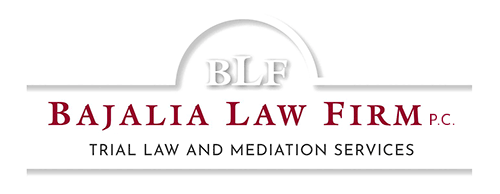The party at fault will have legal and financial responsibility for a wreck. Often, their liability insurance coverage will cover the property damage losses and bodily injury expenses other people have because of the collision.
However, those who cause crashes are often eager to avoid responsibility. They may engage in misconduct in a bid to minimize personal responsibility for a wreck.
They throw away or hide evidence
People will delete messages or remove apps from their devices to deny their distraction. Some people will take the cards out of their mobile phones and try to claim they didn’t have them in the vehicle. They might also try to dispose of the meal they ate at the wheel or the container of alcohol that might raise a police officer’s suspicions.
Those who witnessed someone running to a nearby trash can, throwing items when they exit their vehicle or seriously cleaning before a police officer arrives at the scene of a crash may have reason to suspect that the other party will hide evidence that shows they did something wrong.
Officers may be able to recover deleted text messages and even data use information about apps people remove from devices. Even location data could help prove fault. They can also search the area, including trash receptacles, for discarded evidence.
Drivers involved in a crash need to be ready to speak up to officers about what they believe occurred. From explaining that they saw someone throw something away right after the crash to telling an officer that they believe someone was under the influence or distracted, they will need to advocate for themselves to obtain a fair outcome.
Understanding how people try to manipulate crash investigations for personal benefit may reduce the risk that an injury victim will face unfair challenges when seeking compensation after a collision.

